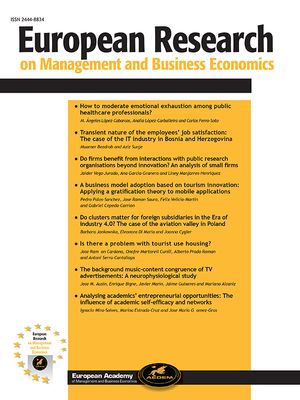El software de código abierto (open source software, OSS) comienza a ser considerado el nuevo paradigma de la distribución del software. Sin embargo, la reciente aparición de OSS impide conocer el impacto real que en la actualidad posee en los ámbitos sociales y organizativos. Ante esta dificultad, los autores han definido, a través de un análisis Delphi, un escenario sobre la difusión de OSS para el año 2010 según las principales aplicaciones, áreas geográficas y sectores económicos. Complementariamente, se ha indagado en los factores críticos de éxito y barreras más relevantes para la difusión y adopción del OSS.
Open Source Software (OSS) begins to be considered the new paradigm of the software distribution. Nevertheless, the recent appearance of OSS prevents to know its real impact at the present time in the social and organizational scopes. Due to this obstacle, the authors have defined a Delphi study for reaching a scenario about the diffusion of OSS in 2010, according to the main applications, geographic areas and economic sectors. Complementarily, the authors have researched the critical success factors and the main barriers for the diffusion and adoption of OSS.





